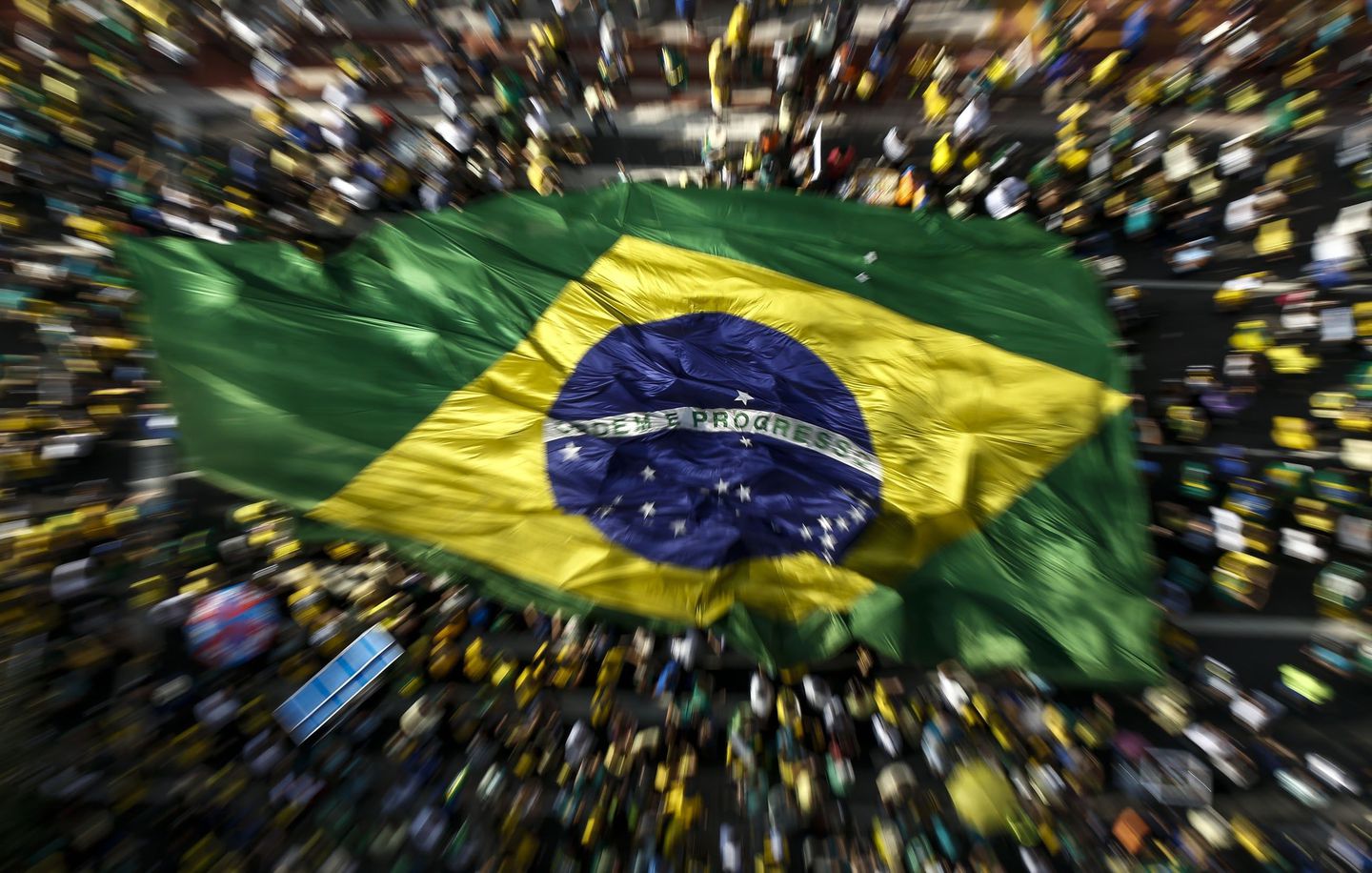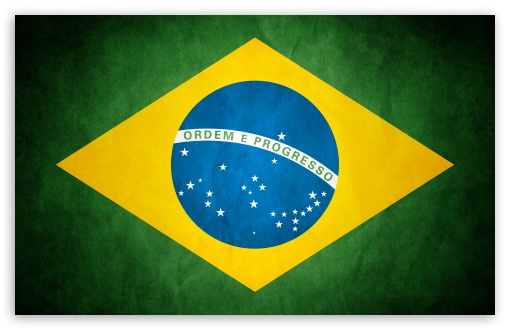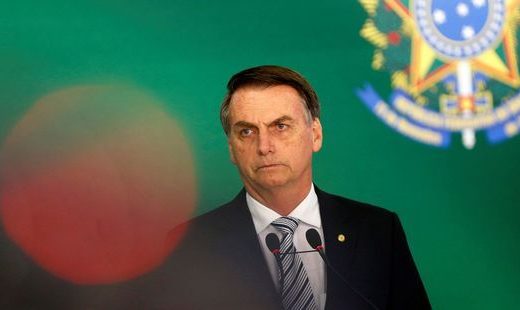A silent erosion of Brazil’s rule of law is taking place by João Carlos Magalhães.
As you’re probably aware, liberal democracies are endangered. Donald Trump’s approaching presidency might entail the piecemeal deconstruction of America as we know it. Brexit might be the first step of the end of the European Union – especially when the far right is poised to win next year’s presidential elections in France, and gains ground in Germany.

In the so-called “developing world,” the picture is equally grim. In addition to Russia and China, India is now ruled by a leader with explicit authoritarian leanings. And what about Brazil? It’s complicated.
This past week has been a disastrous moment for Brazilian institutional democracy. Renan Calheiros, the president of the Senate, simply decided to disobey a major individual ruling by a Supreme Court Justice. Backed by an almost obvious interpretation of the Brazilian Constitution, the ruling ordered that, because Calheiros is now criminally prosecuted for corruption, he would have to step down from his position of Senate president. He openly refused to comply.
The matter of whether the ruling was “disproportionate” is beyond the point – it was formally legal, and that is what matters. It could have been legally contested, but never ignored.
This is a crime, but Calheiros was not arrested. Instead, he orchestrated an agreement with President Michel Temer, other Supreme Court Justices and major political leaders – and won. Around 24 hours after the first decision, the Supreme Court, now in a collective decision, withdrew its initial ruling.
Behind the Calheiros Controversy
Some say that the agreement around Calheiros was the outcome of his extensive and non-ideological network of influence. While this is of course important, another element should also be considered.
Without Calheiros, Temer’s radical neoliberal constitutional reforms, a form of massive indirect privatization with which he relies on to maintain the support of economic elites, would be at risk. At least this was the narrative put forth by the government.
The federal spending cap law could be put on standby; the course of the reform of Brazilian social security system might be jammed. Economic and political chaos would ensue, Temer and others warned Supreme Court Justices. Calheiros had to be saved, they said.
This also helps to explain the relative calm with which Brazil’s mainstream media has handled the episode, as it supports the same economic agenda. A top political figure commits a major crime in self-interest and in front of the entire nation, but the attitude is gently called an act of “defiance.” Curious. We are left wondering what might have happened if Dilma Rousseff did something similar.
The message was clear. In the name of deconstructing our minimal welfare state and transferring to private groups the same services our Constitution orders should be freely offered by the State, then nothing is off the table – including ignoring the law.
Erosion of the Rule of Law
In the U.S., Europe and Asia, 21st-century authoritarianism is embodied in strongmen such as Trump and articulated by a violent discourse that scapegoats immigrants and idealizes the nation. It pictures modernity as a decaying project, and promises a return to an idealized purity – even if this means accepting war. Brazil’s current form of authoritarianism is obviously different.
There is no frontal attack to democracy, which is said to have been only “momentarily” sidelined to rescue the country. This has amounted to a continual erosion of the rule of the law over the last year or so. It began with the legally dubious – at best – impeachment of Rousseff. It was strengthened with the massive errors committed by the Car Wash Operation. And it has now been taken a step further by the Calheiros episode.
This form of authoritarianism is rather silent. Its discourse is technocratic and peaceful, rather than populist and violent. It does not rely on the fantasies of powerful men. There is no collective hatred of modernity, or of immigrants. However, similarly to what those countries are experiencing, there is a strong, albeit concealed, regressive element. Brazilian institutional authoritarianism also points to our past of unabashed patrimonialism and inequality, when the law was openly less important than the interests of few.
Differently from other episodes in the past, though, the Brazilian people are now angry. It is unclear what, if anything, can channel this sentiment – and towards who. But the answers to those questions might indicate the future of our battered democracy.
This article was previously published on plus55 and can be accessed from here.
About the Author :
JOÃO CARLOS MAGALHÃES is a journalist and a PhD Researcher at the London School of Economics, where he studies the ethics of digital platforms. For eight years, he worked at Folha de S.Paulo, Brazil’s leading daily newspaper.







